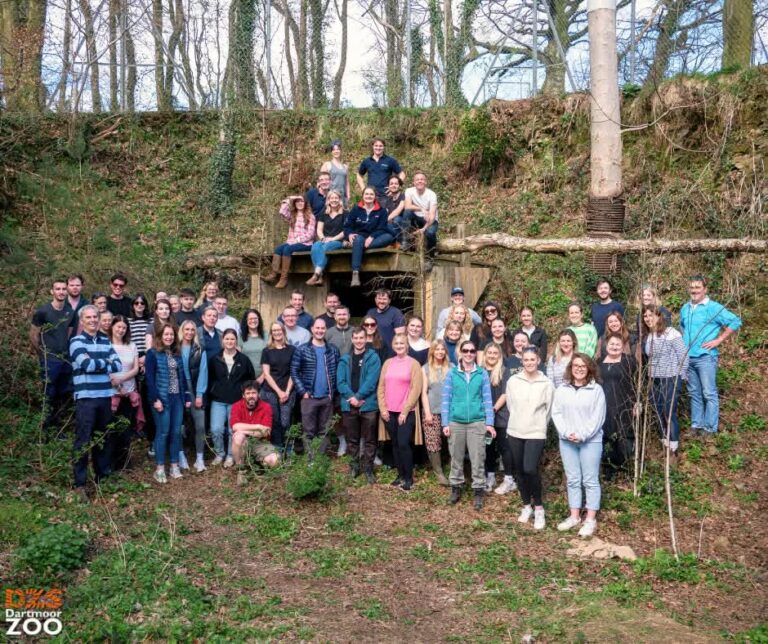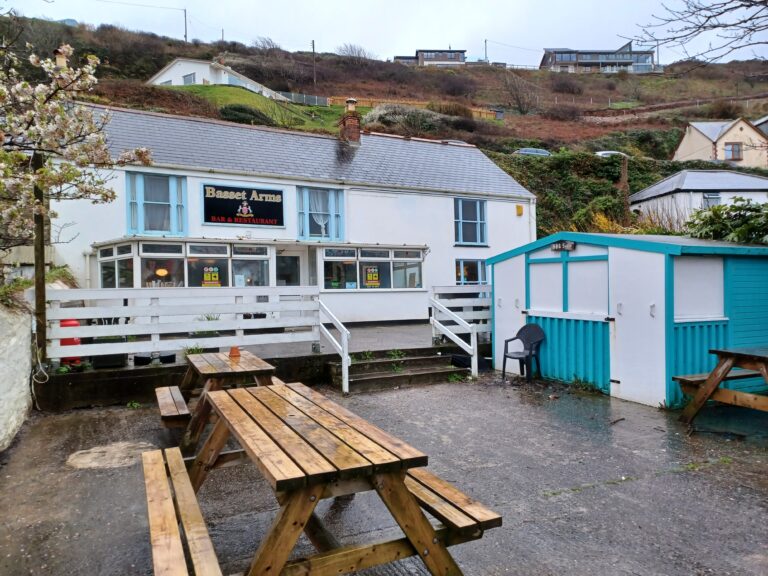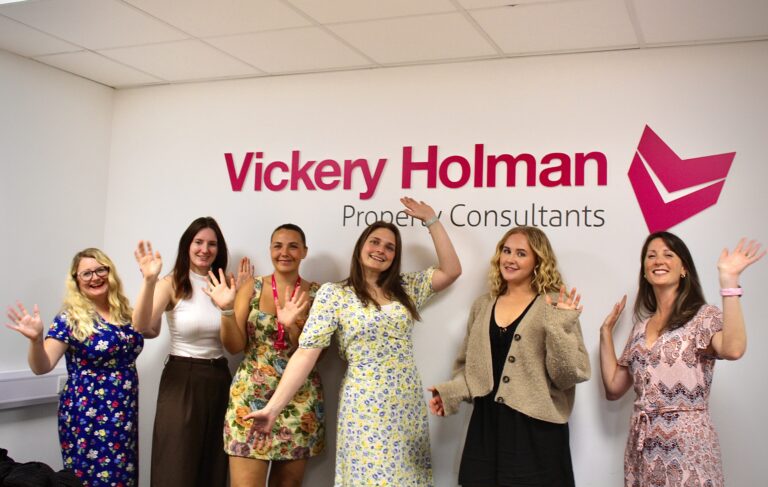Sustainability is our society’s ability to exist and develop without depleting all of the natural resources needed to live in the future. In a real estate context, the built environment is responsible for nearly 40% of all global carbon emissions. Over the past decade there has been more of a focus than ever on increasing sustainable profiles from an aspect of not only corporate social responsibility but also from the ground up with new business models arising from specialist green developers and consultants. Regulatory bodies have also placed more importance on sustainability as a focus within their guidance for accredited firms and professionals alike.
Sustainability in commercial property
Commercial Market
Currently, about 80% of UK commercial property has a low Energy Performance Certificate rating and runs the risk of becoming ‘unlettable’ if its environmental performance is not improved by 2030 in line with government targets and legislation. Despite this statistic, there is a variance across all sectors depending on standard construction methods, occupier demand and recent economic constraints on landlords. For instance offices typically have more demanding occupiers whom require a higher standard of accommodation, whereas retail landlords who have had a fairly stifling 18 months may need some policy intervention to support their investment in improvements.
Many landlords will face significant costs in meeting these targets however long-term benefits are set to include rental growth, reduction in service costs which, in theory, should increase demand and arguably most importantly, future proofing of the asset in question. As a result of these initial outlays by the landlord, it could be foreseen that a new trend may emerge whereby leases are drafted with more frequent rent reviews in order to recoup some capital.
Residential Market
Whilst there is a benefit to the occupier of a property to have good sustainability credentials such as renewable energy sources and a good EPC rating, there are now lenders, developers and investors who are also realising the potential of investing in the sustainable movement at inception.
A growing list of mainstream lenders are now offering ‘green mortgages’ with the idea that energy efficient properties, especially in this era of combating climate change, as less risky securities and are more likely to hold their value. An example of a green mortgage deal includes a reduced interest rate if the property to be held as security has an EPC rating of A or B. There are also refinance deals available with the specific goal of making green improvements.
In a similar capacity, some developers have been able to create a unique selling point for themselves by having a core focus on sustainable development; providing eco homes with low construction emissions and optimal energy efficiency in their end use. These properties typically demand a higher value due to their higher construction costs, however, as above could be perceived as more future proofed and in the long term, more efficient to live in.
Summary
At present, there appears to be a lack of data to demonstrate the impact of sustainability upon values of both residential and commercial properties. However, there are increasing pressures from regulatory bodies for professionals practicing in the relevant fields to start recording data; the Global Red Book Update 2022 provides clauses which include the encouragement of valuers to identify and collect sustainability and ESG-related data, consider the implications that sustainability features can have on the short, medium and long term lifespan of a property as well as provide comment on the relationship between the sustainability factors and the resultant valuation.
In summary, a holistic and collaborative approach from all stakeholders will enable a more detailed understanding of the core principles at the heart of an ever-changing landscape which affects us all on a global scale.
Vickery Holman are the leading property consultancy in the South West, with around 80 people based out of offices in Bristol, Exeter, Plymouth and Truro. Our services include commercial agency, building surveying, development, investment, property management, business rates and lease advisory. We also have the largest team of RICS Registered Valuers in the South West for secured and non-secured valuation work.





